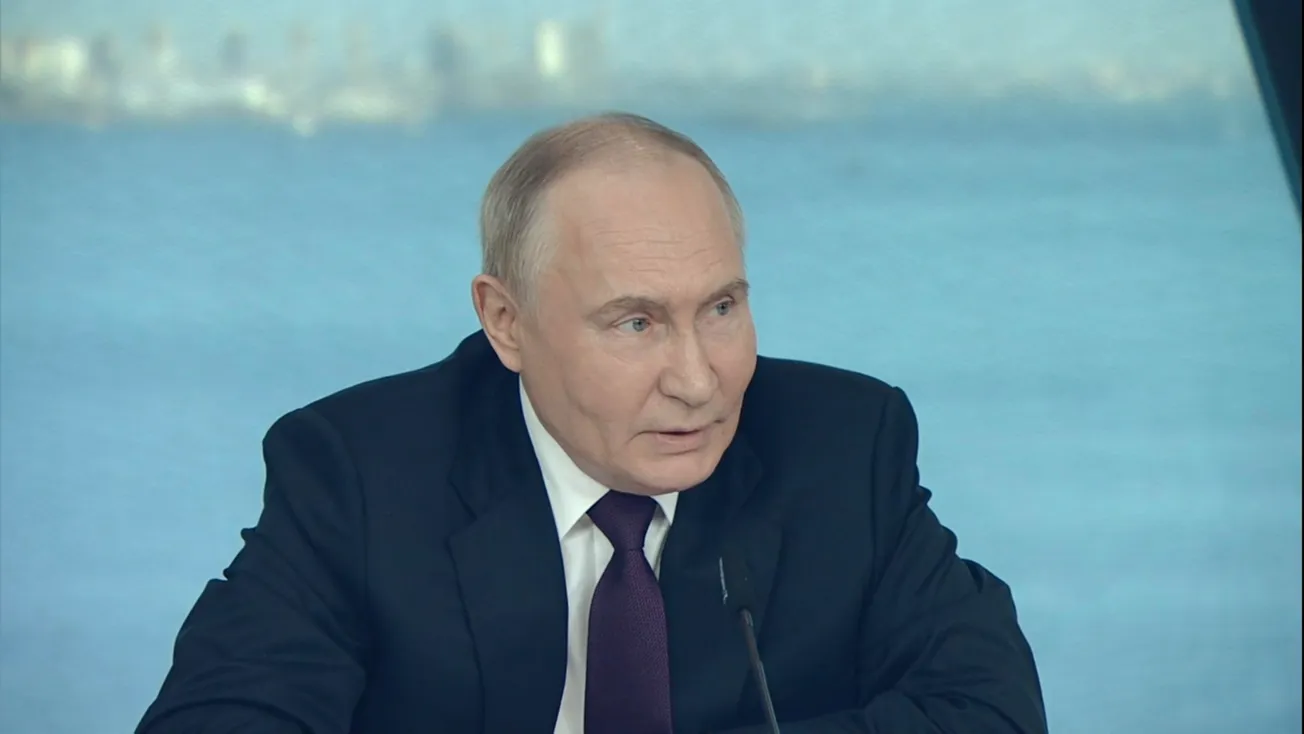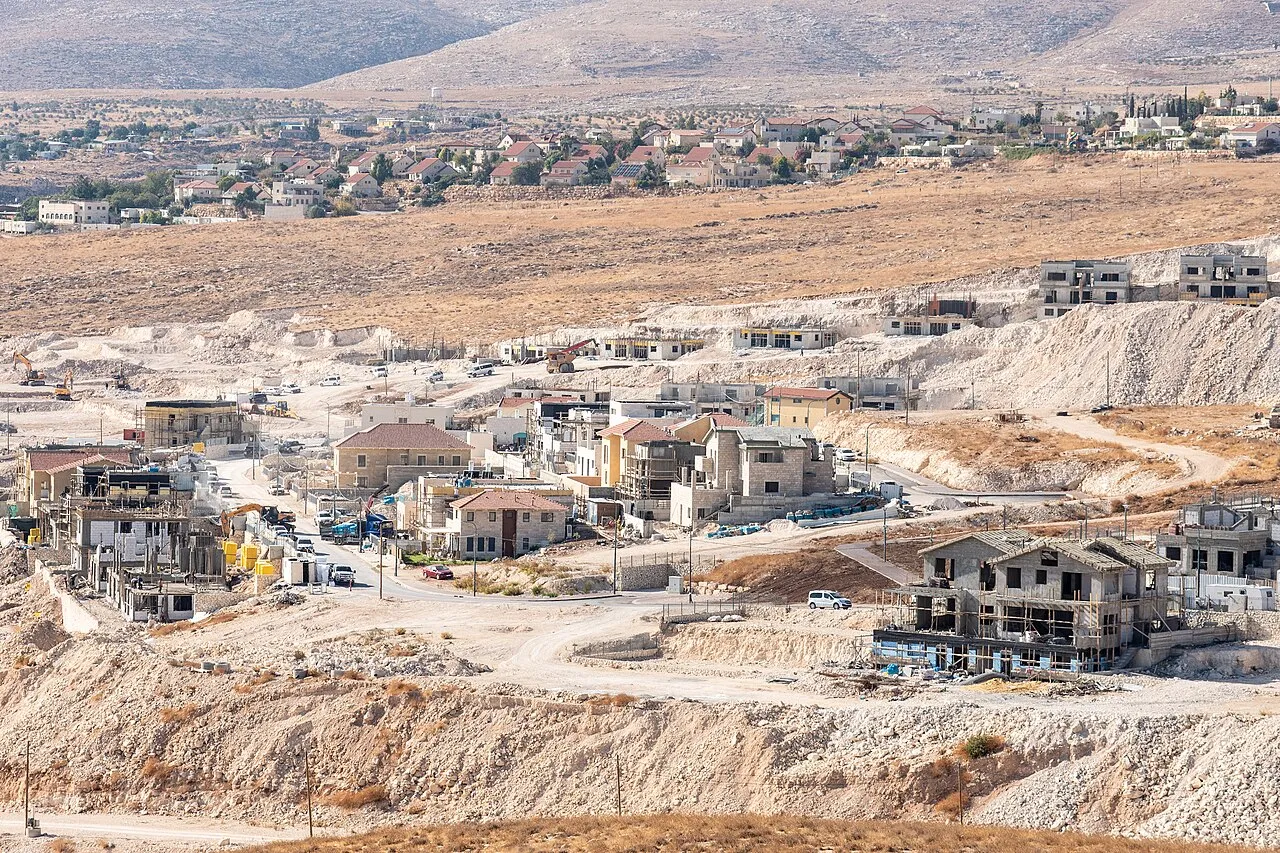Kremlin aide Yury Ushakov issued a surprise announcement on Oct. 7 that Russian President Vladimir Putin would be meeting on Oct. 11 with Iranian President Masoud Pezeshkian. The announcement was as significant as it was unexpected, because the two heads of state were already scheduled to meet later this month at the BRICS summit in Kazan, Russia (Oct. 22-24). There is speculation in the press that they may sign a new strategic and defense agreement between the two countries at the earlier meeting, instead of waiting for Kazan, as had previously been expected.
“This meeting has great significance both for discussing bilateral issues as well as, of course, discussing the sharply escalated situation in the Middle East,” Ushakov said, according to an AFP wire published Oct. 7 in the Times of Israel. The report adds that Russian Prime Minister Mikhail Mishustin was in Iran on Sept. 30 where he met Pezeshkian and First Vice President Mohammad Reza Aref. Friday, Oct. 11 will be the first time Putin and Pezeshkian meet.
The well-informed Indian commentator and former career diplomat M.K. Bhadrakumar located the development in the context of intense military/security cooperation between the two countries in dealing with Israel—albeit with overly-optimistic conclusions. The Oct. 9 commentary in his blog Indian Punchline, which he headlined “Russia Aligns with Iran, War Clouds Scatter,” reports:
“Israel has apparently shelved its planned attack on Iran. A combination of circumstances can be attributed to this retreat, which rubbishes Israel’s own high-pitched rhetoric that it was raring to go.
“Despite Israel’s brilliant media management, reports have surfaced that the Iranian missile attack on Oct. 1 was a spectacular success. It was a display of Iran’s deterrence capability to crush Israel, if need arises. The failure of the U.S. to intercept Iranian hypersonic missiles carried its own message. Iran claims that 90% of its missiles penetrated Israel’s air defense system….
“However, what deters the Israelis and causes uneasiness in the American mind is something else—Russia’s lengthening shadows on the West Asian tapestry. American military analysts have disclosed that certain highly advanced Russian weaponry have been transferred to Iran in the recent weeks backed up by the deployment of Russian military personnel to operate these systems, including S-400 missiles.… Russia also supplied Iran with the long-range electronic warfare system `Murmansk-BN’.… The `Murmansk-BN’ system is a powerful EW system, which can jam and intercept enemy radio signals, GPS, communications, satellites, and other electronic systems up to 5,000 kms away and neutralize `smart’ munitions and drone systems—and is capable of disrupting high-frequency satellite communication systems owned by the U.S. and NATO.
“To be sure, the Russian involvement in Iran’s standoff with Israel is potentially a game changer.… It is in this scenario that official Russian news agencies have quoted presidential aide Yury Ushakov on Sunday [Oct. 6] that Putin plans to meet with his Iranian counterpart Masoud Pezeshkian in the Turkmen capital, Ashgabat, on Oct. 11…. It is entirely conceivable that amidst the cascading regional tensions, Moscow and Tehran may have thought of bringing forward the formal signing of the Russian-Iranian defense pact, which was originally scheduled to take place in Kazan.”





